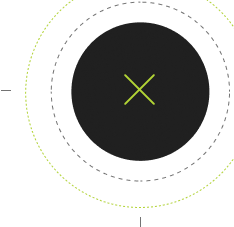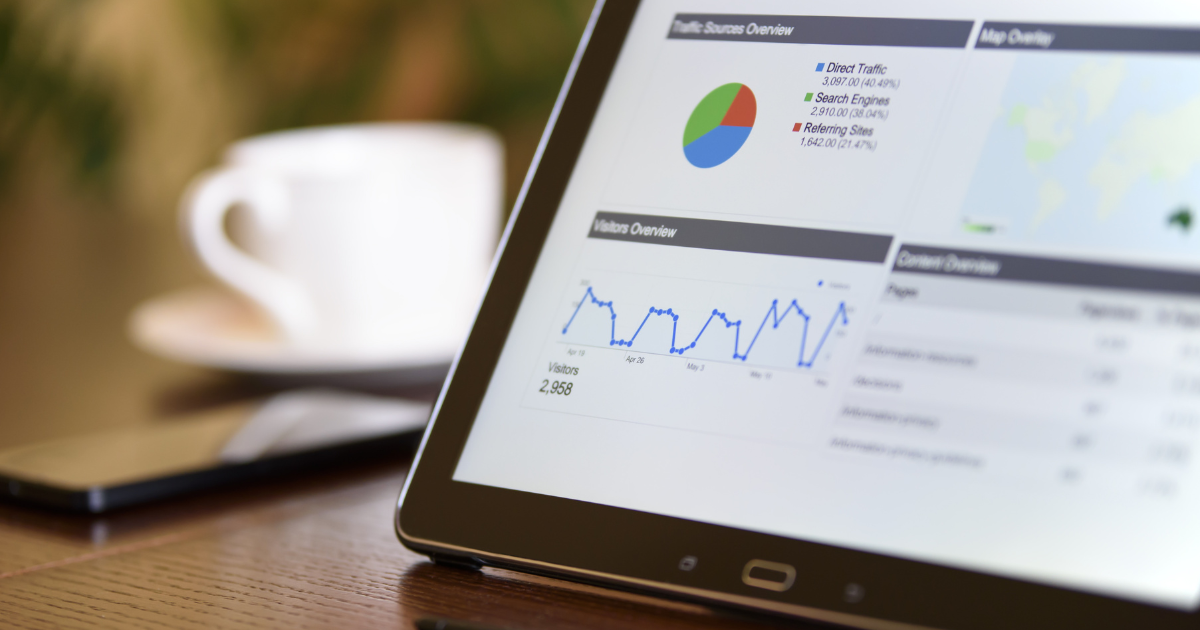
Crawling & Indexing: What Is It and Why Does It Matter?
Understanding Key SEO Terms
In the world of search engines and rankings, crawling and indexing are two critically important terms. If a page is not properly crawled and indexed, it will not be ranked on the search engine. Therefore, it is essential that you understand how search engines crawl and index pages, as well as the steps you can take to make sure that it is done correctly.
What Is Crawling?
In order to determine where to place a webpage, search engines use crawlers. Crawlers may also be referred to as “spiders” or “robots.” Google’s main crawler, for instance, is Googlebot. Crawling begins with discovery.
First, the search engine discovers and scans the content on a page. Then, the crawlers download all of the page’s content. Content includes text, images, and videos. The information is then analyzed to determine what the page is “about.”
How Does Crawling Happen?
Crawling happens in one of two ways. It is either organically or by request. Organic crawling is a slow process. It can take weeks or even months for a search engine such as Google to crawl a new page.
Requesting a crawl can help speed up the process to ensure that the page gets indexed faster. Google, however, notes that even if you request them to re-index or recrawl a page, it may still take a few days to a few weeks. Also, a request to recrawl your site does not guarantee that it will be indexed. Priority is given to pages with “high quality, useful content.”
It is important that search engines not only crawl your site once but do so repeatedly. You will want a frequent but manageable crawl rate to ensure that any new or updated pages are being properly indexed.
What Is Indexing?
Indexing is when a search engine determines what purpose a page serves and how effectively it serves that purpose or where it ranks. If successfully indexed, the page is then added to the search engine’s database.
Getting Your Page Ranked
A page will not show up on a search engine’s results page until it is crawled and indexed. Additionally, an updated page’s ranking or search engine’s results page appearance will not be affected until it is crawled. Thus, crawling and indexing become critically important for new and revamped pages alike.
The question becomes, how do you help search engines determine what your page is about? In the beginning, crawlers were less adept at figuring out a page’s purpose. A webpage that was stuffed with keywords would easily rank despite lacking quality content.
Today, however, crawlers are much more advanced. Search engines use sophisticated algorithms to extract what the content on a page is referencing. They are more focused on user experience and quality content to determine a page’s purpose and, therefore, where it should rank. Focusing on a fast, reliable, and well-written website can help ensure that you are properly indexed.
Final Thoughts
Crawling and indexing are distinct processes that work hand in hand to determine your page’s rank on a search engine results page. Understanding how they work and why they are used can help make sure that your website ranks where it should to reach your target audience.
















